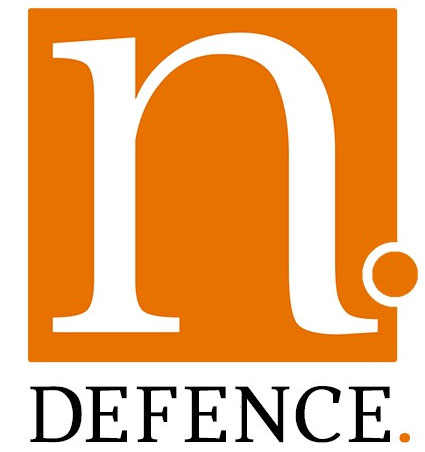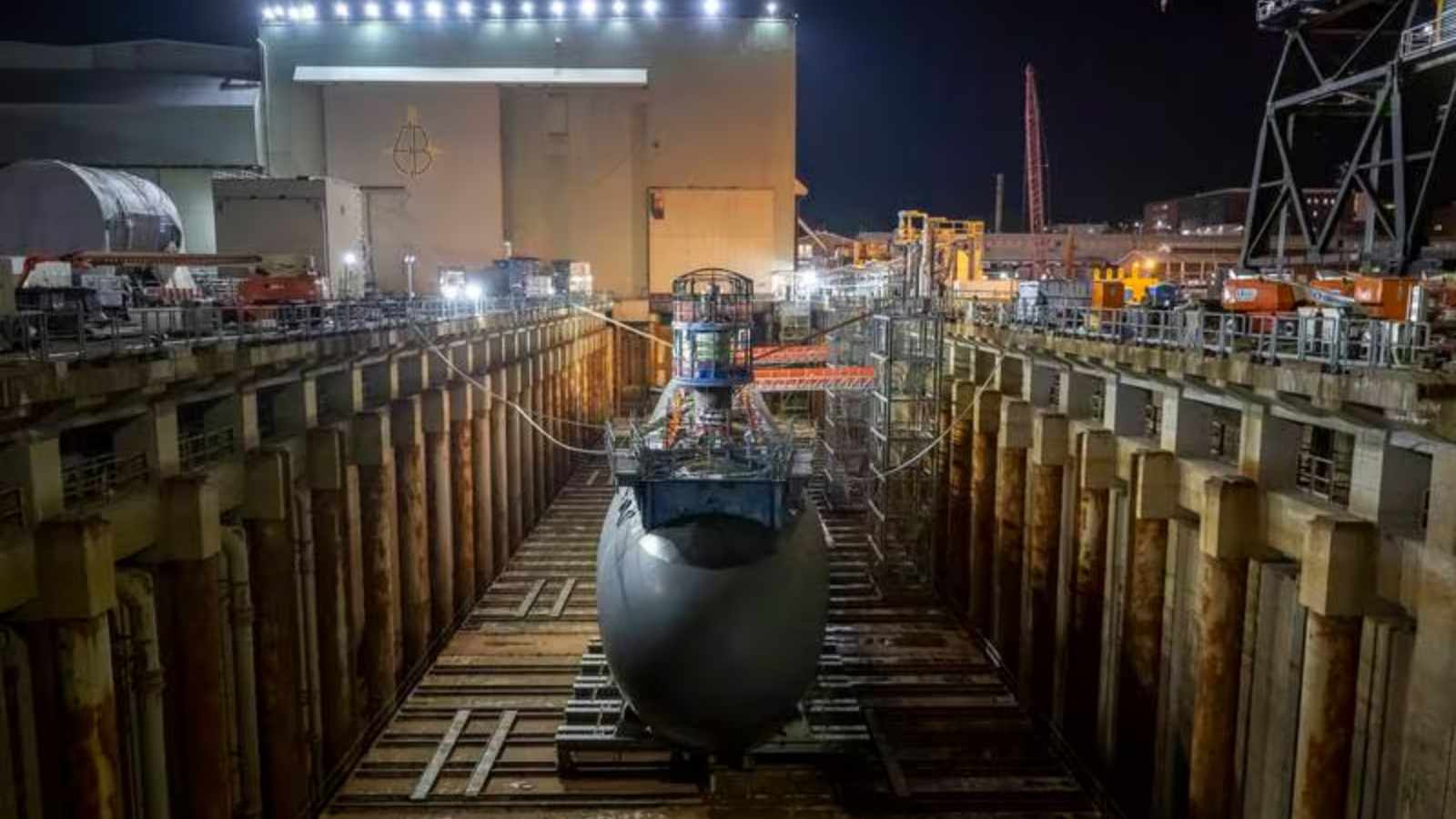India-Kenya Maritime Partnership: India and Kenya have reaffirmed their commitment to bolstering their collaboration in marine security, with the goal of fortifying current systems and establishing fresh institutional frameworks. A key component of this strategic alliance is the Joint Defence Cooperation Committee between Kenya and India, which was established in 2016. Both countries, which together comprise a marine zone vital to world trade and commerce, acknowledge the enormous potential for reciprocal advantage in products, services, investments, and technology.
The India-Kenya Joint Vision Statement on Maritime Cooperation in the Indian Ocean Region, or “BAHARI,” was unveiled following discussions between Prime Minister Narendra Modi and visiting Kenyan President William Samoei Ruto.
The Joint Vision states that logistics connections, trade facilitation policies, and the development of a sustainable fishing sector are important factors for Kenya and India.
This involves working together in the shipbuilding sector, with an emphasis on developing capacity and jointly developing defensive tools, quick attack craft, offshore patrol vessels, and other vital resources required for Kenya’s maritime forces.
Tracking Chinese Submarines: Australia to test their AI systems
India-Kenya Maritime Partnership
When it comes to problems like piracy, armed robbery, marine terrorism, illicit fishing, human migration, smuggling of contraband, and developing threats, maritime security cooperation takes primacy. According to the vision paper, both countries recognise their membership in the Indian Ocean Rim Association (IORA) and the Indian Ocean Naval Symposium (IONS) and stress the importance of taking a comprehensive approach to maritime security.
The relationship also includes Humanitarian Assistance and Disaster Relief (HADR) as essential components. This include enhancing coordination to address natural disasters efficiently, delivering humanitarian aid on time, and enhancing Kenya’s ability to manage calamities. Furthermore, a focus area for disaster-related risk is the region’s early warning systems.
The document identifies key components of bolstering maritime ties as in-ship visits, cooperative exercises, and involvement in multilateral frameworks such as the Contact Group on Illicit Maritime Activity (CGIMA) and the Djibouti Code of Conduct-Jeddah Amendment (DCOC-JA).
Both countries pledge to take part in frequent discussions, gatherings, and networks for exchanging information in order to jointly handle shared issues in a coordinated way.
Strengthening security cooperation
Kenya and India intend to complete a Memorandum of Understanding in the Blue Economy and Fisheries Sector after realising the potential of the Blue Economy. This seeks to conserve marine resources and advance sustainable development by utilising the possibilities of fisheries, aquaculture, renewable energy, and marine biotechnology.
Improving connectivity is considered essential for B2B connections, trade, tourism, and the creative sectors in the vision paper. To promote the seamless flow of commodities and strengthen connections throughout the region, investment and collaboration in ports are emphasised.
India pledges to provide Kenya with capacity-building support in the areas of oceanography, shipbuilding, dredging, welding, fisheries, port development, and research capabilities. The focus is on research and development organisations sharing maritime technologies.
A crucial component of the collaboration is the exchange of information about maritime security in the Indian Ocean region. In order to promote Maritime Domain Awareness, both countries commit to improve information sharing through networks like the Information Fusion Centre – Indian Ocean Region (IFC-IOR). India provides chances for partnership, such as assigning an Indian Naval Officer to serve as a teacher at Kenya Navy Training College and an International Liaison Officer to represent the Djibouti Code of Conduct-Jeddah Amendment at IFC-IOR.
India and Kenya have strengthened their strategic collaboration in the maritime arena by laying out a comprehensive strategy that reflects a cooperative approach to maritime security, economic development, and technology transfer. This cooperative endeavour, based on common objectives and interests, highlights the value of two-way cooperation in negotiating the intricacies of the marine environment.



